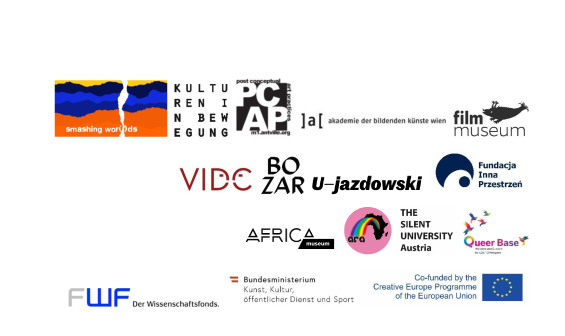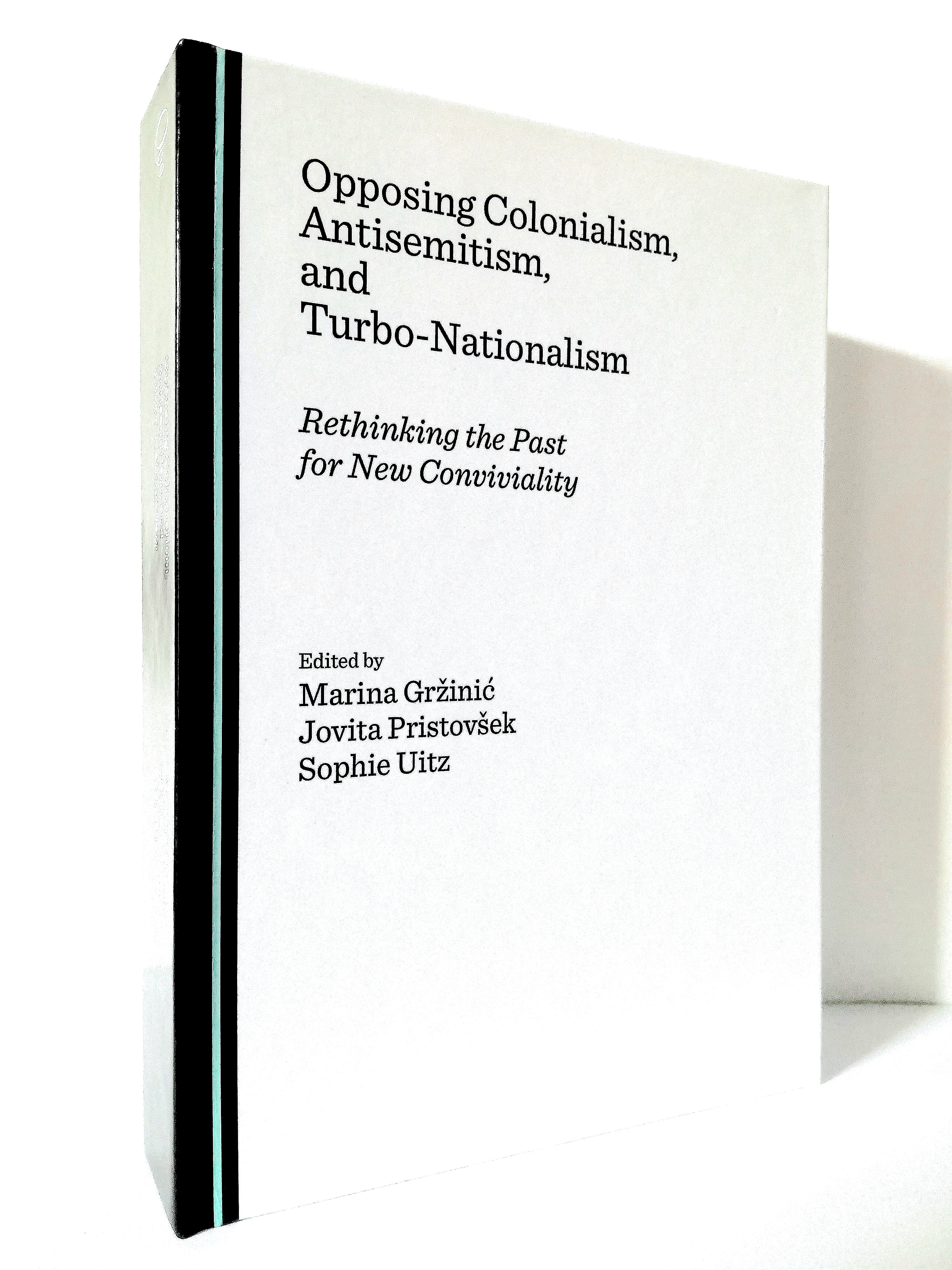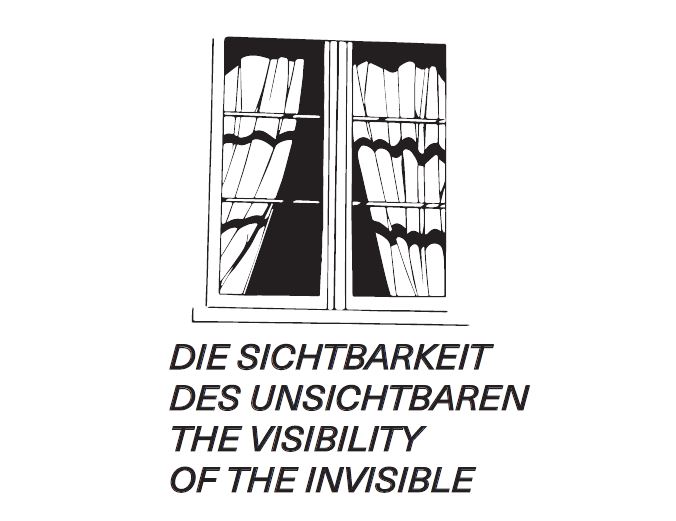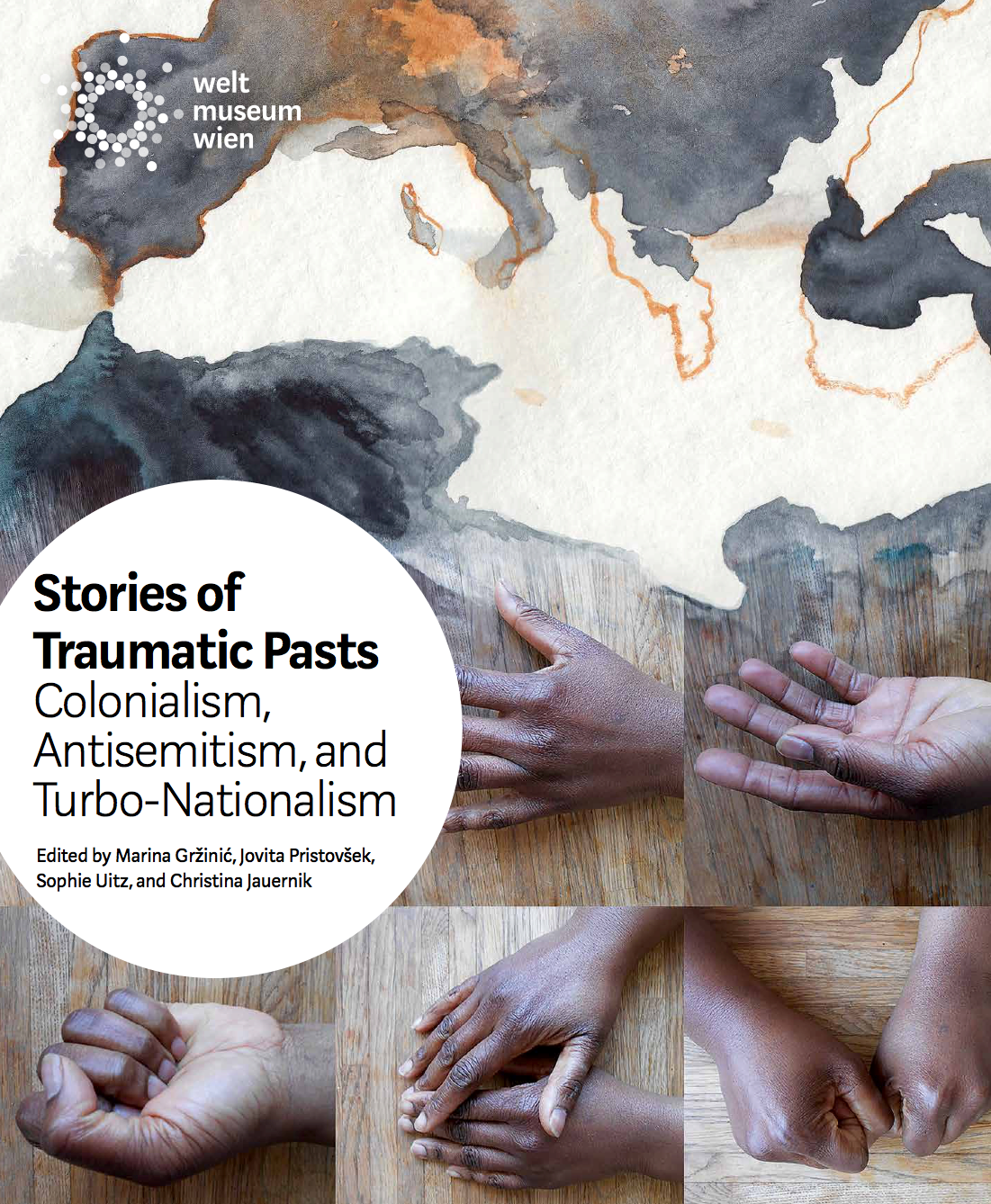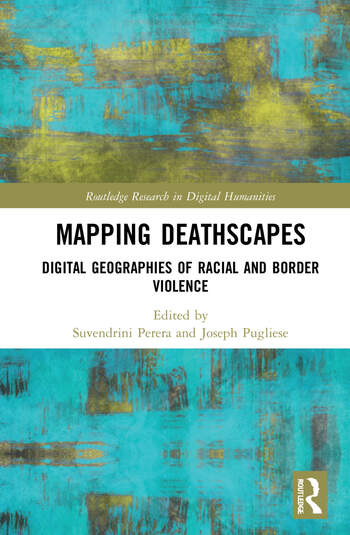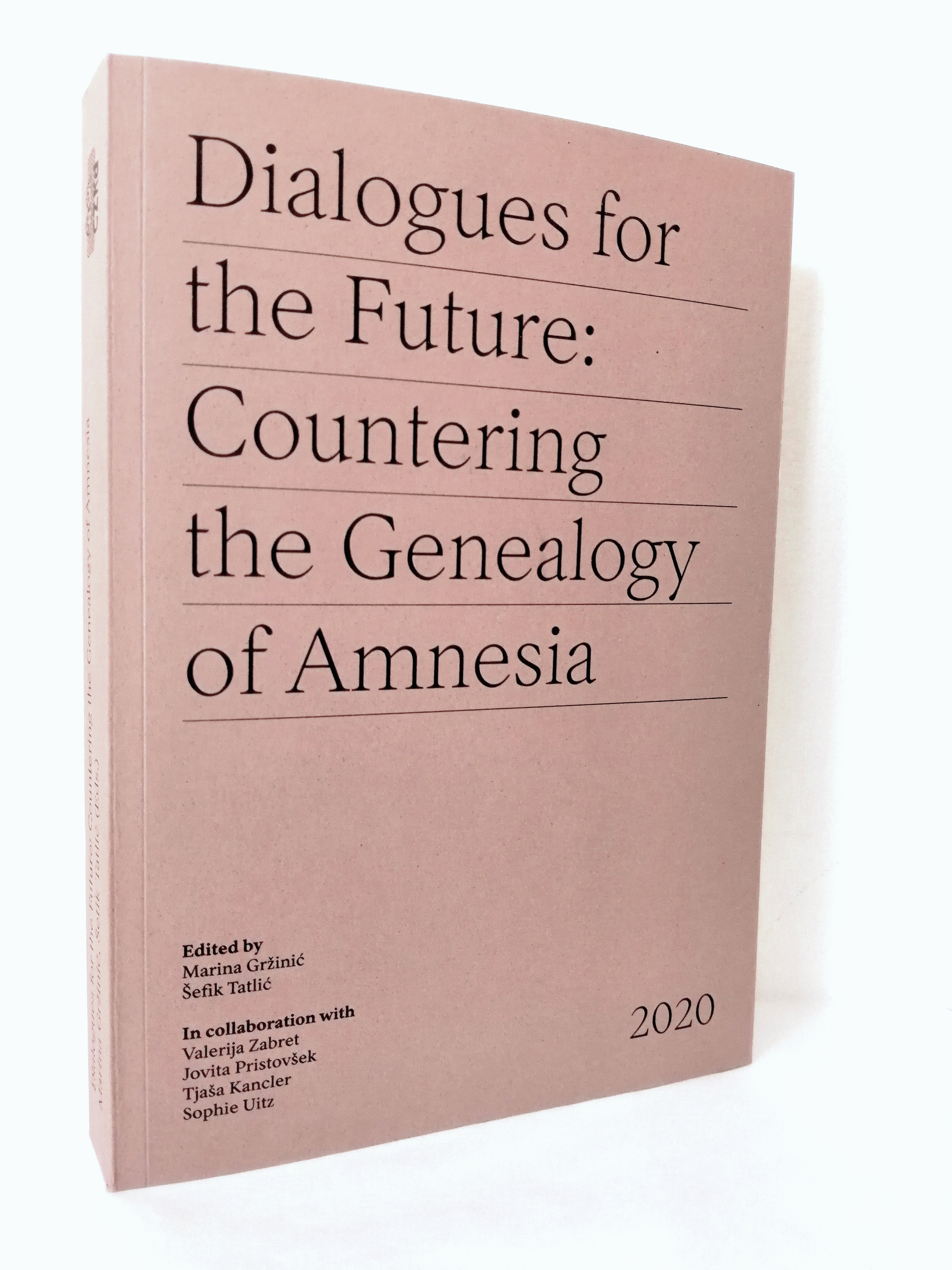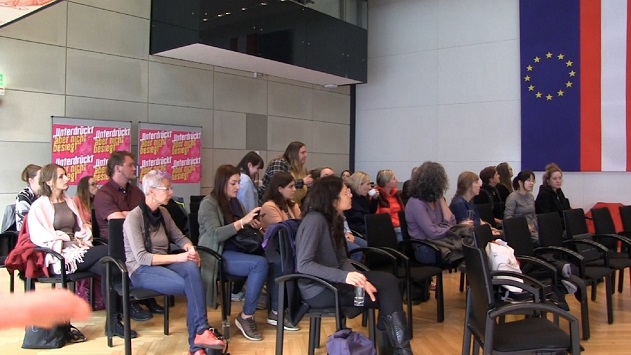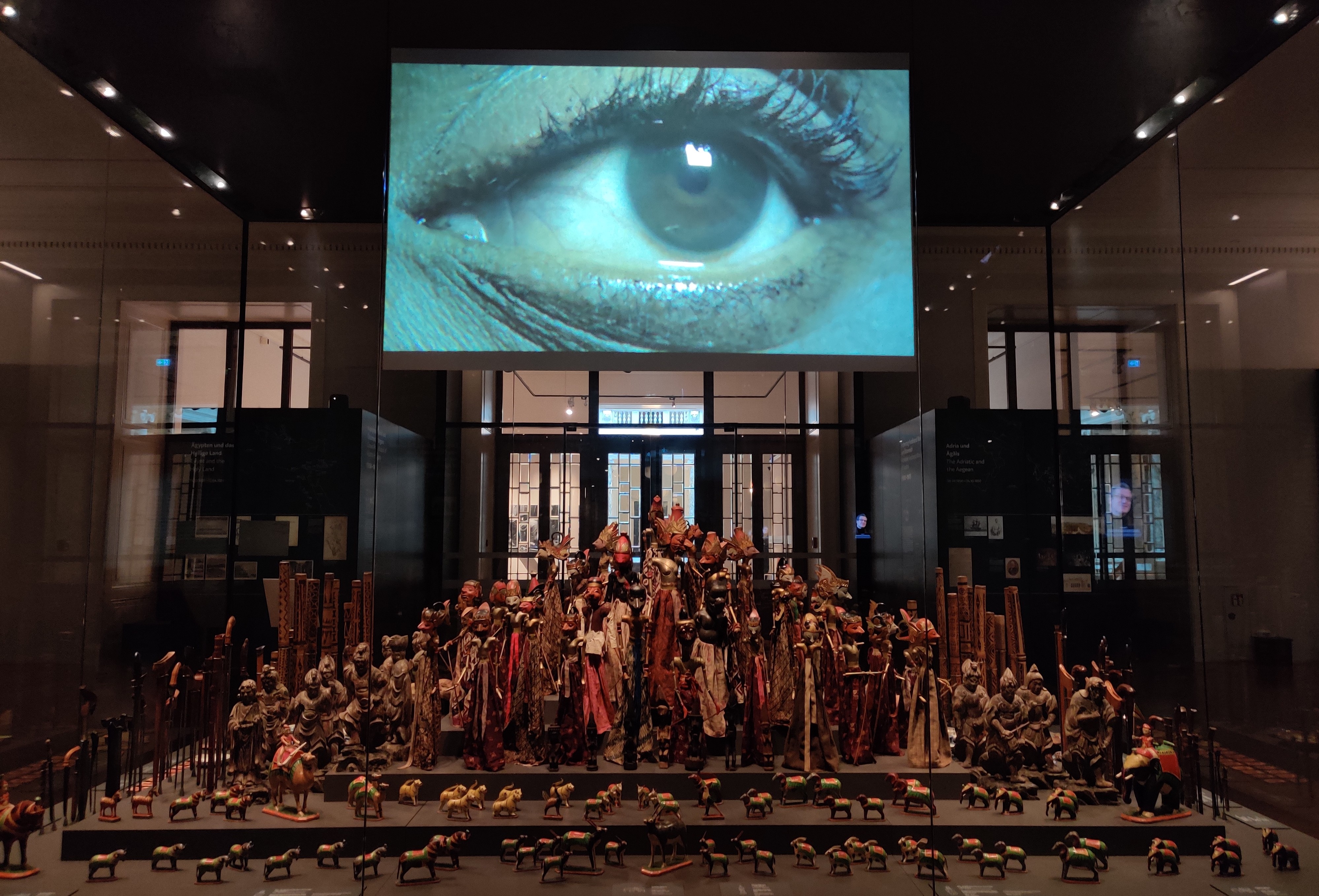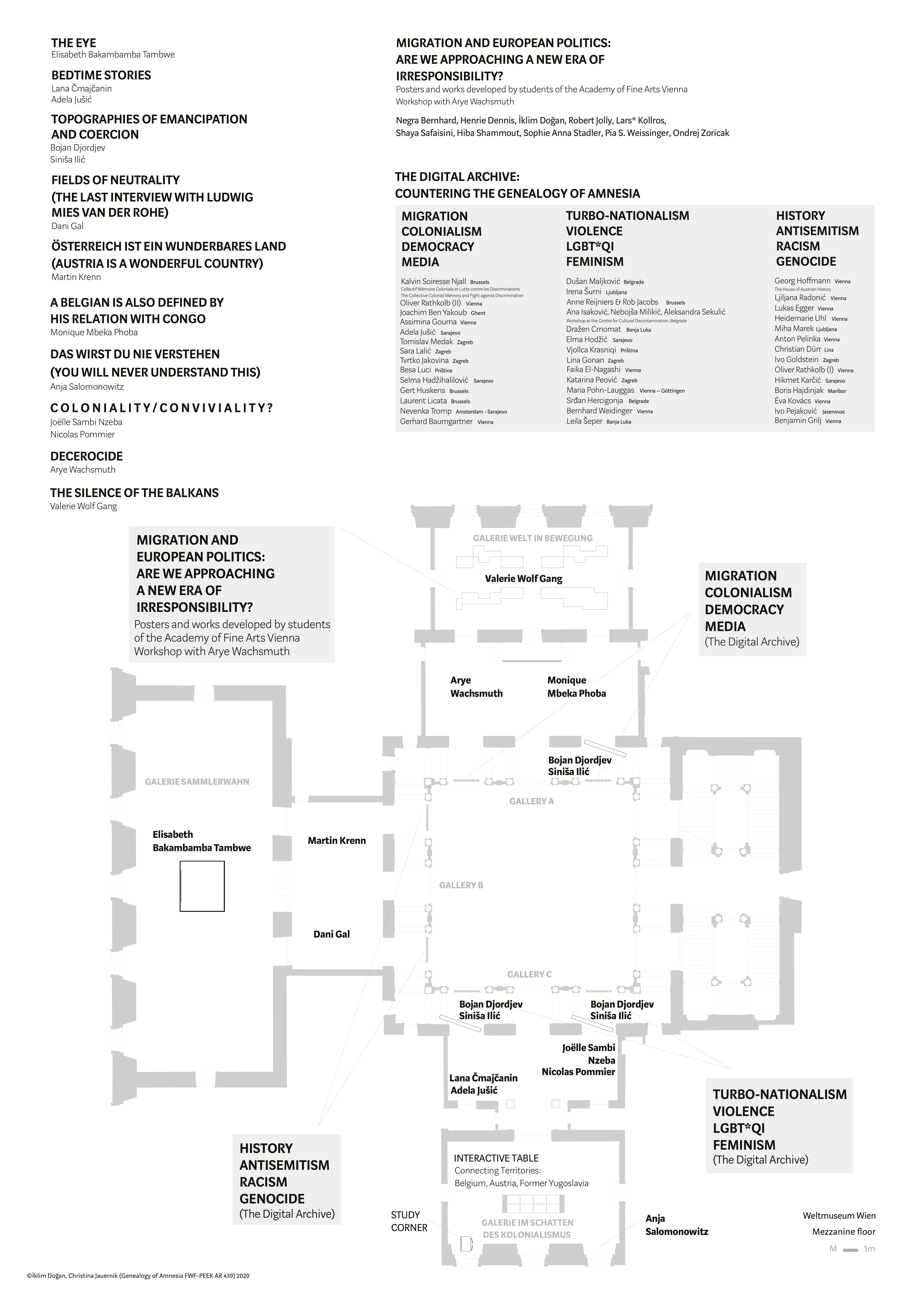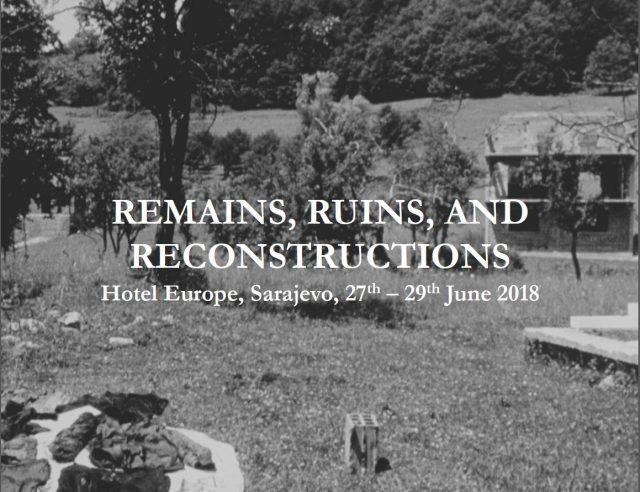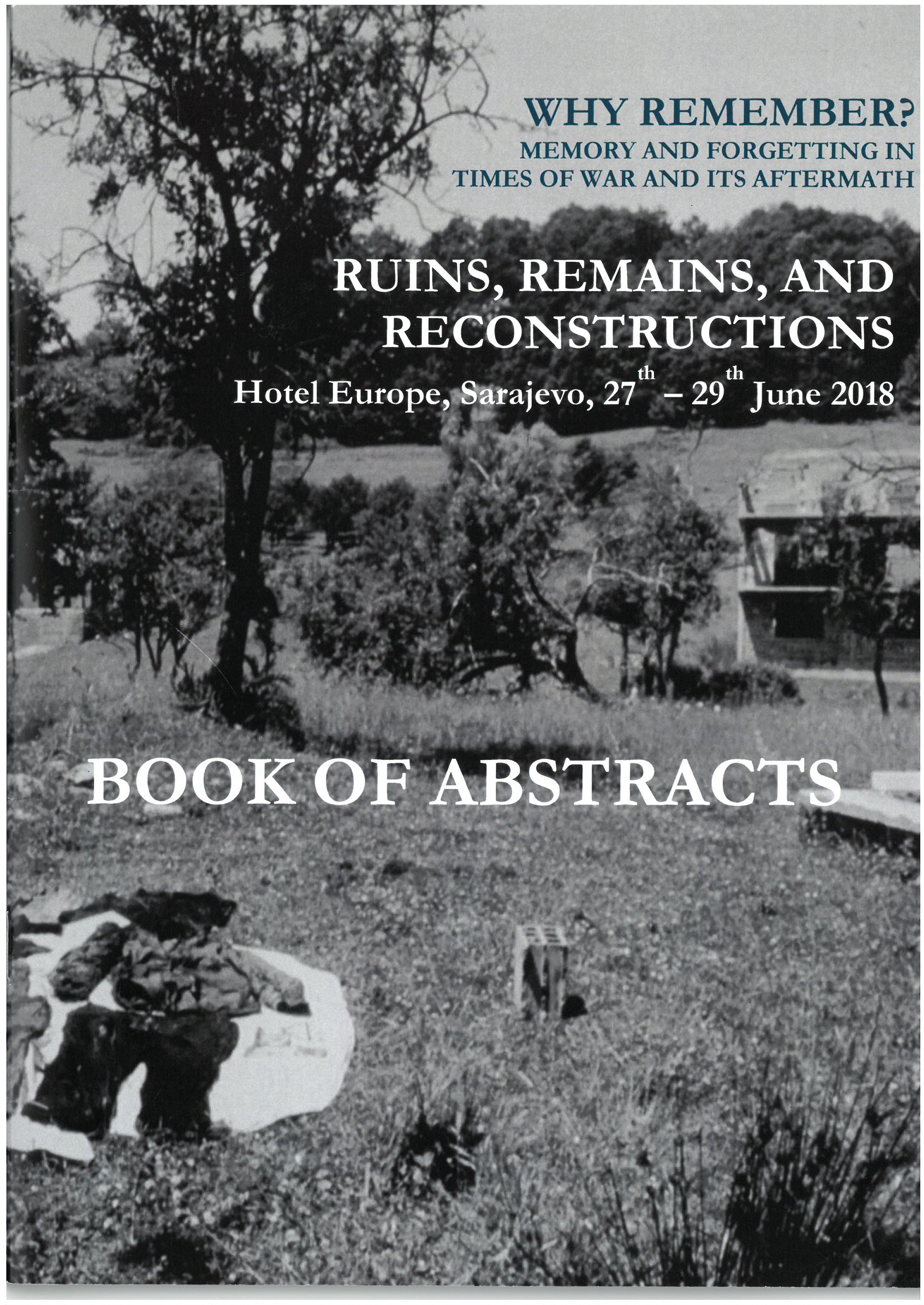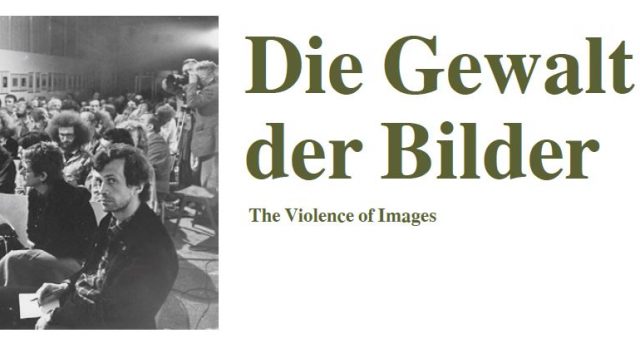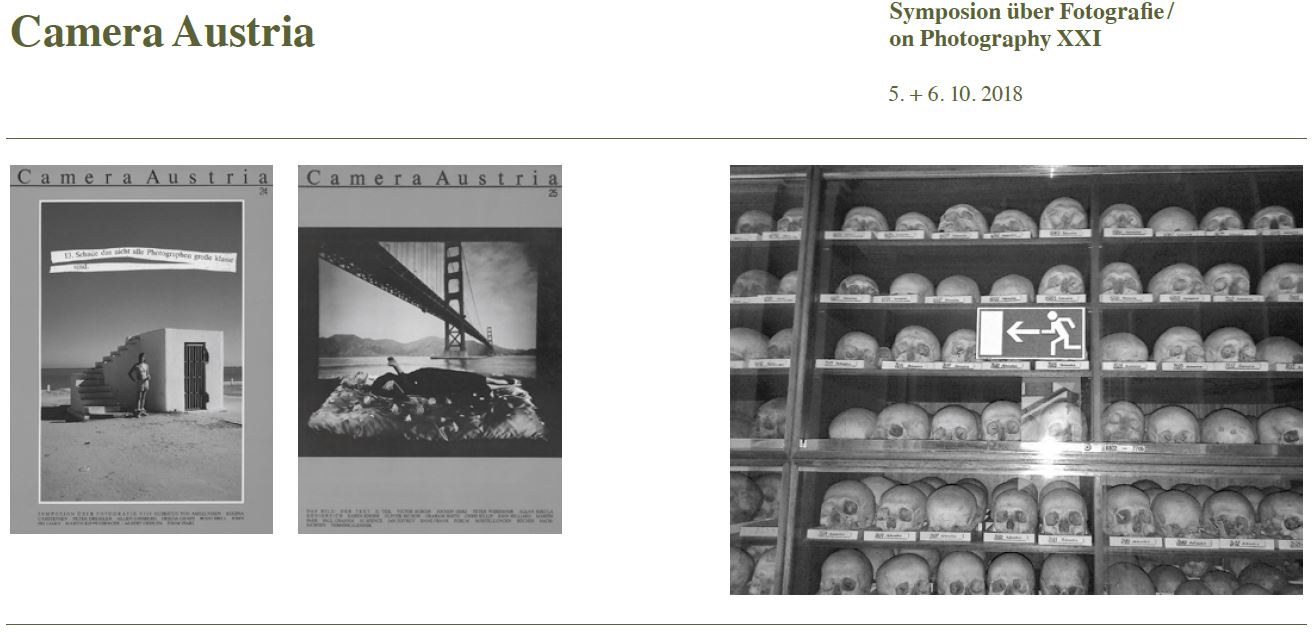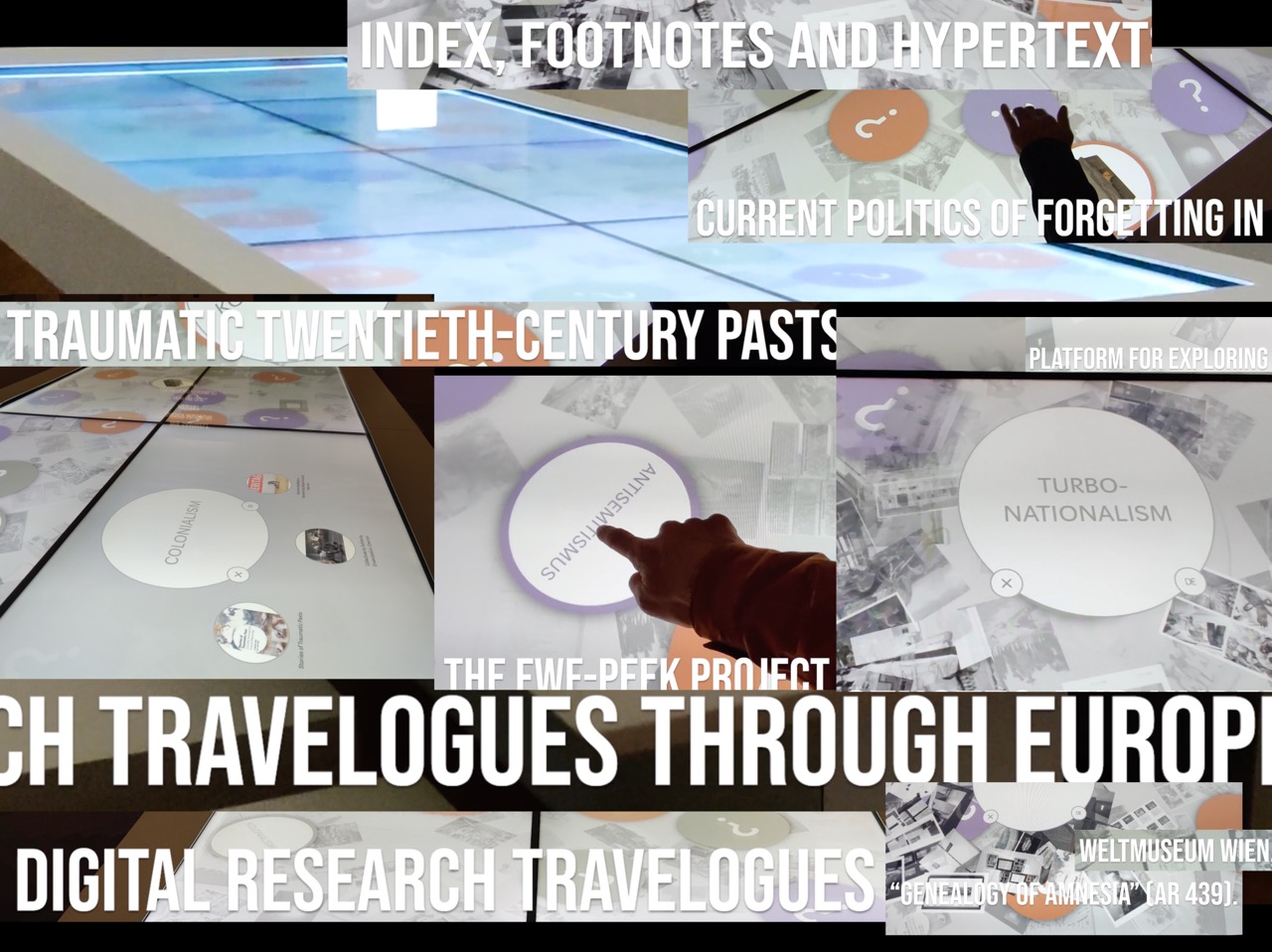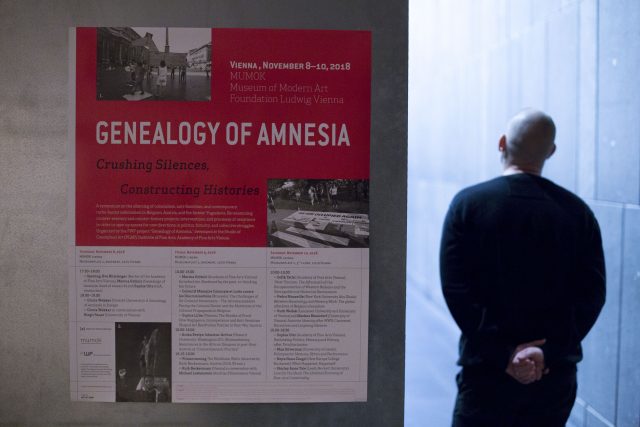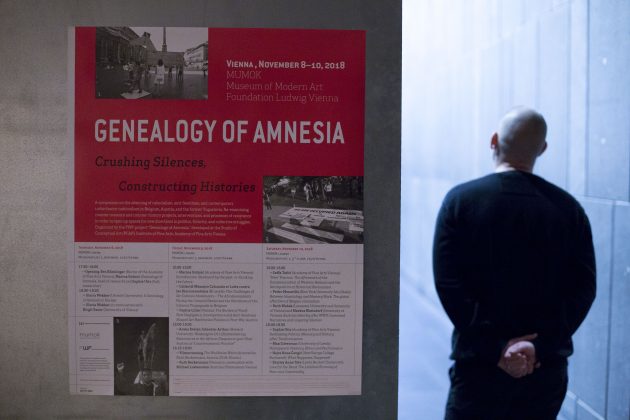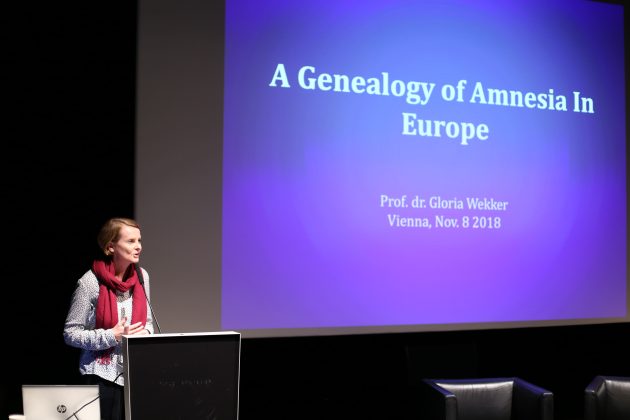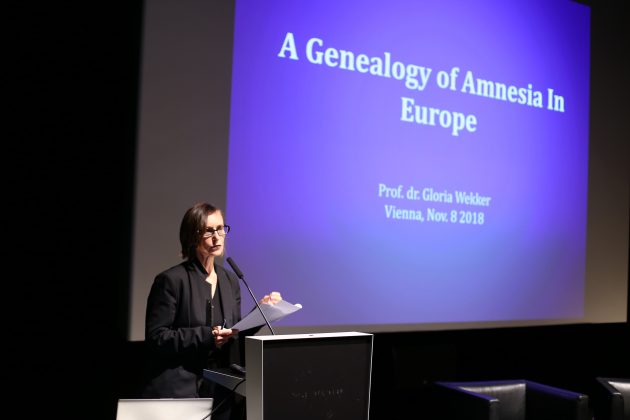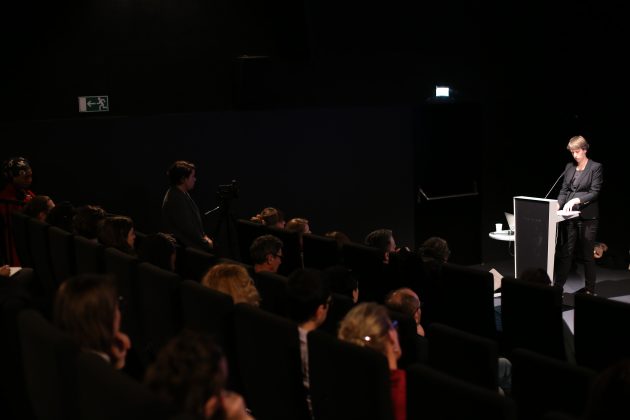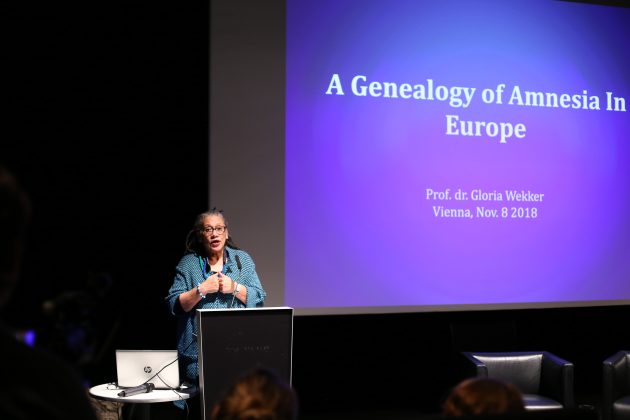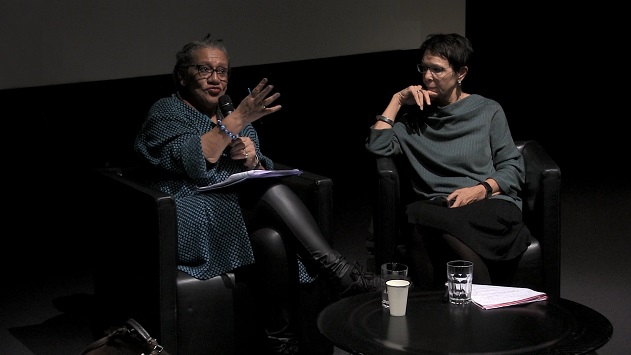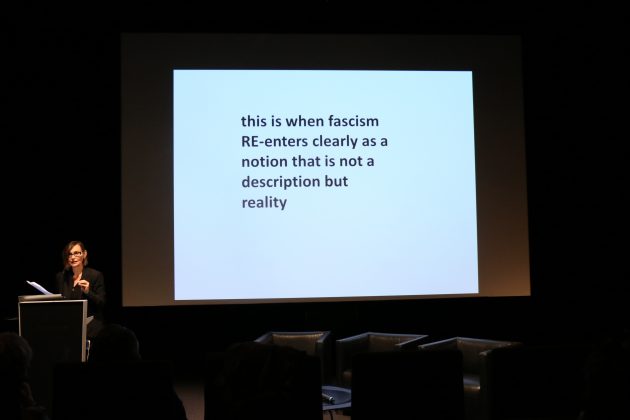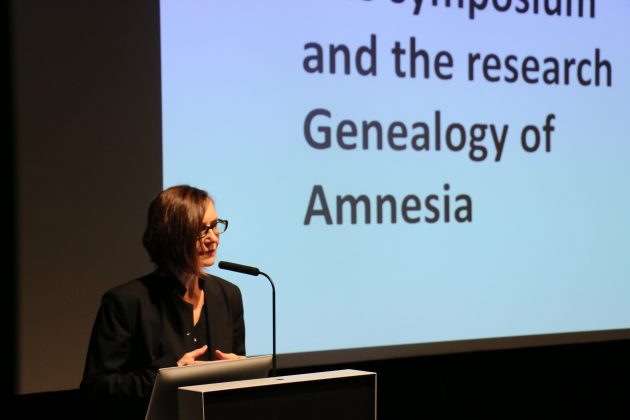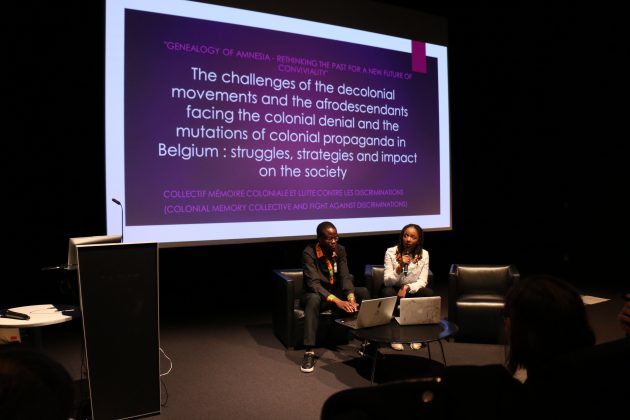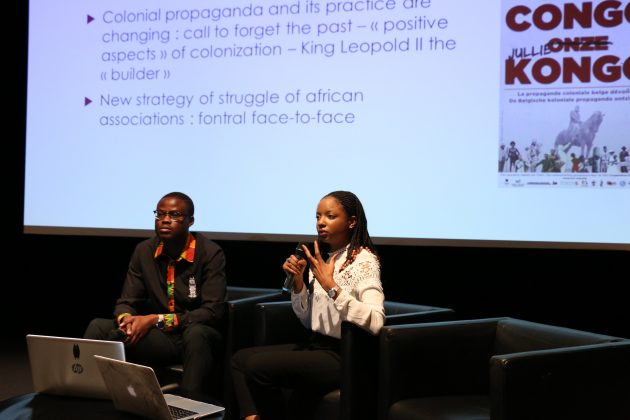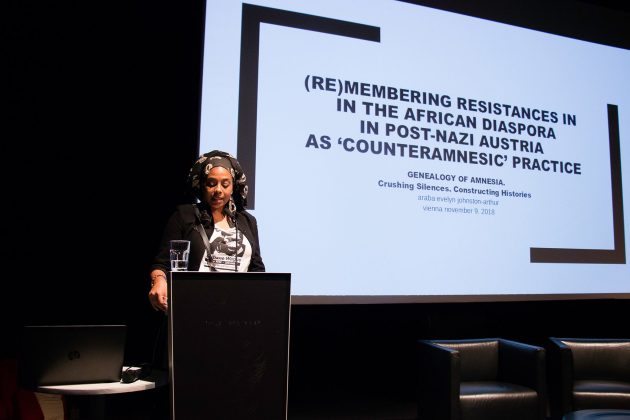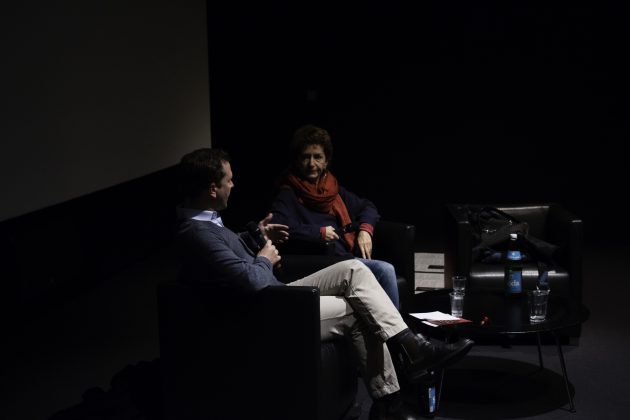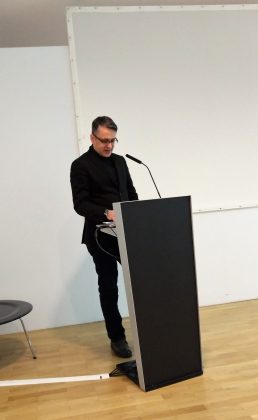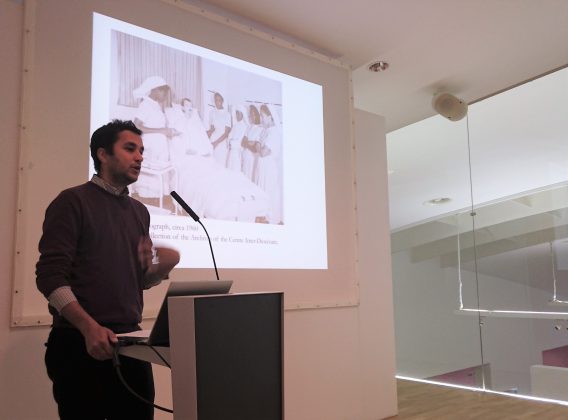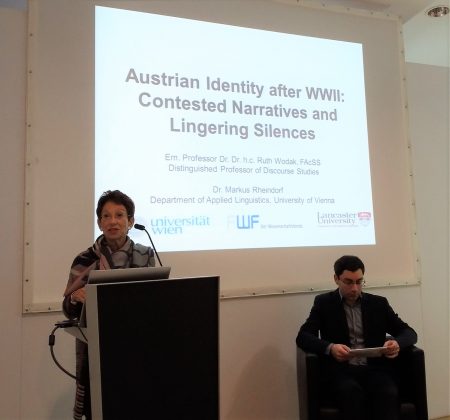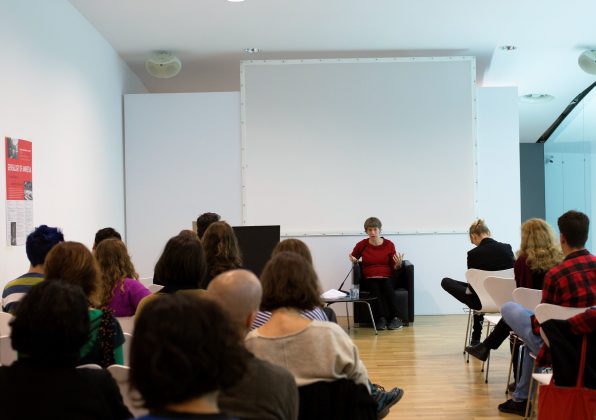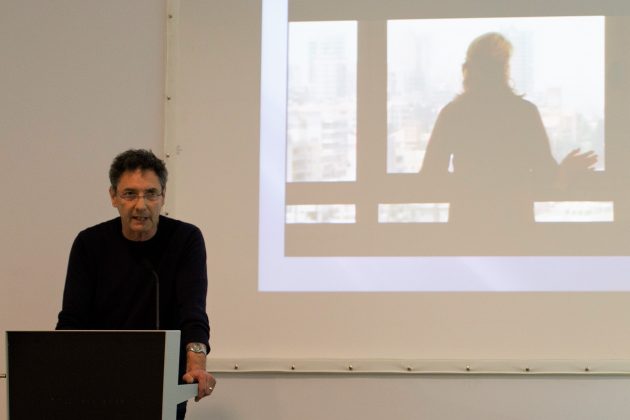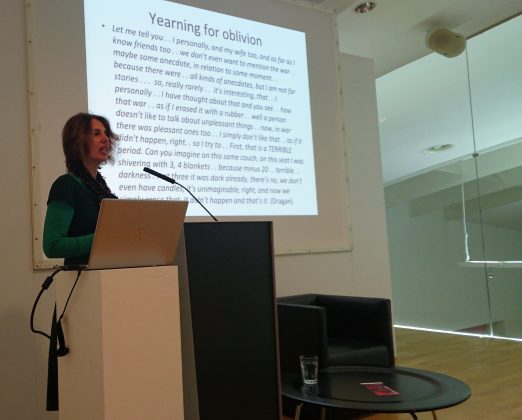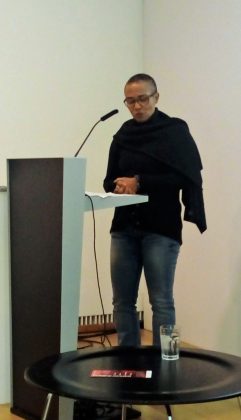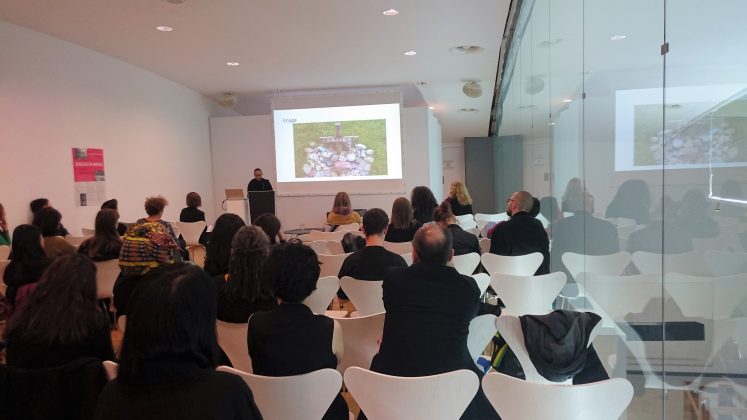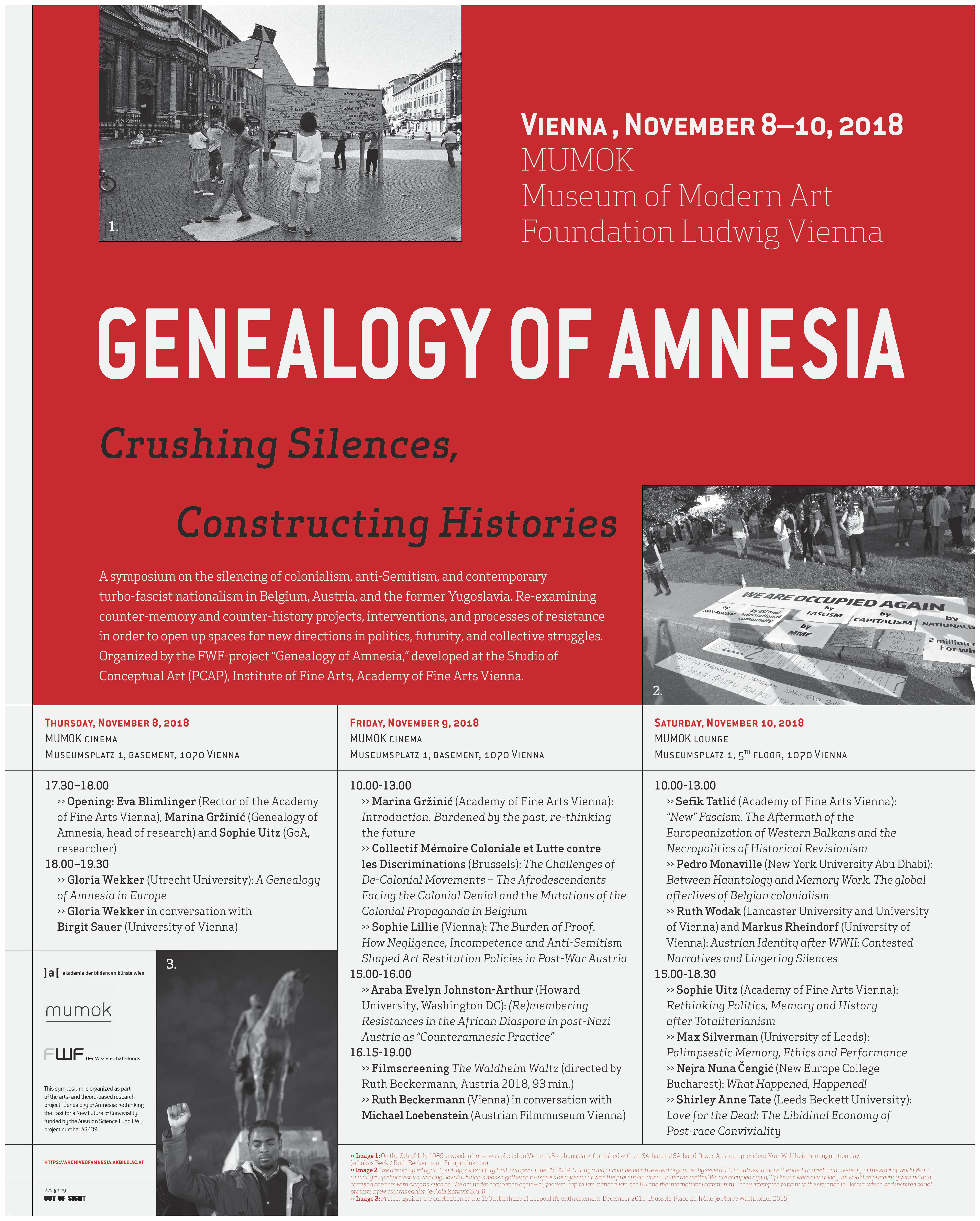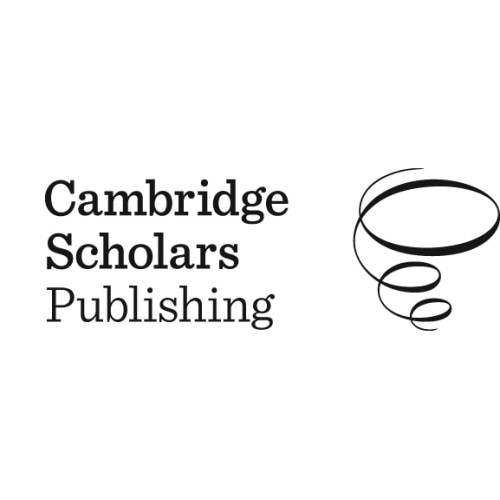Book chapter: “Racialized violence in Europe: The Genealogy of Amnesia Project and the immobilization of refugees?” (by Marina Gržinić)
Marina GRŽINIĆ: Racialized violence in Europe: The Genealogy of Amnesia Project and the immobilization of refugees? In: PERERA, Suvendrini (ed.), PUGLIESE, Joseph (ed.). Mapping deathscapes : digital geographies of racial and border violence. London; New York: Routledge, 2022. Pp. 148-162, ilustr. Routledge research in digital humanities. ISBN 978-1-032-05657-9. DOI: 10.4324/9781003200611-15.
Book Description
This volume offers a critical and creative analysis of the innovations of Deathscapes, a transnational digital humanities project that maps the sites and distributions of custodial deaths in locations such as police cells, prisons and immigration detention centres.
An international team of authors take a multidisciplinary approach to questions of race, geographies of state violence and countermaps of resistance across North America, Australia and Europe. The book establishes rich lines of dialogic connection between digital and other media by incorporating both traditional scholarly resources and digital archives, databases and social media. Chapters offer a comprehensive mapping of the key attributes through which racial violence is addressed and contested through digital media and articulate, in the process, the distinctive dimensions of the Deathscapes site.
This interdisciplinary volume will be an important resource for scholars, students and activists working in the areas of Cultural Studies, Media and Visual Studies, Indigenous Studies, Refugee Studies and Law.
